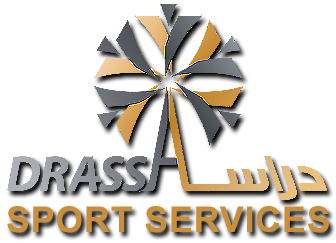Beach Lifeguard
Who Should Attend & What Will They Learn?
- Anyone who works or looks to work as a professional lifeguard on a beach or swimming pool.
- This qualification is designed for those learners wishing to develop the skills and knowledge necessary to become a qualified pool/beach lifeguard. It covers the preparation, health and safety of a swimming pool and beach environment, and how to respond to pool emergencies and emergency situations in the swimming pool and in the beach as well.
Training Requirements:
General requirements:
- Must be at least 16 years of age.
- Good English verbal communication skills (understanding and reading)
Candidate must pass the below requirements:
BEACH LIFEGUARD
- Must be able to swim continuously in 200m in over 1.5m depth
- Perform a surface dive & recover 4kg weight in 5m depth
- Treads in water for at least 10 minutes.
Training Course Outlines:
- Beach Rescue skills
- Towing techniques
- Use of rescue equipment
- Rescue and treatment of an unconscious casualty
- escapes and releases
- Dealing with the public
- Hazards on beaches and in the sea
- Accident prevention and beach safety
- Observation and supervision on the beach
- Systems of work and communication
- Spinal injury management on the Beach
- First Aid and CPR-AED
- Oxygen administration
Pool Lifeguarding:
- Diverse rescue skills
- Towing techniques
- Casualty recognition
- Use of rescue equipment
- Accident prevention and pool safety
- Observation and supervision
- Spinal Cord injury management
- First Aid and CPR-AED
Course Duration & Examination Assessment:
5 days (full course including pool certification)
100% attendance is required
Beach Training and Examination Duration is 36 Hours as following:
Practical and theoretical training: 32 Hours.
Written exam: 1.5 hours
Practical exam: 2.5Hours
Candidates that hold a valid DRASSA Academy in Pool Lifeguarding can complete the beach skills assessment in 1 Day as following
After successfully completing the full training you will be ready for a practical and written assessment for your EIAC certificate

